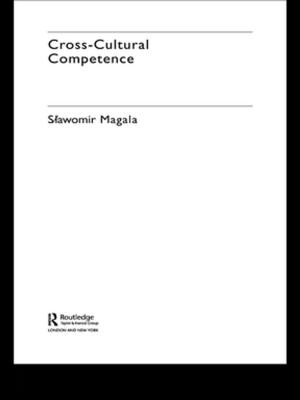| Author: | John P. Dunn | ISBN: | 9781135765460 |
| Publisher: | Taylor and Francis | Publication: | August 2, 2004 |
| Imprint: | Routledge | Language: | English |
| Author: | John P. Dunn |
| ISBN: | 9781135765460 |
| Publisher: | Taylor and Francis |
| Publication: | August 2, 2004 |
| Imprint: | Routledge |
| Language: | English |
Khedive Ismail's Army examines military failure in the age of imperialism.
On paper, the mid-nineteenth century Egyptian army seems a formidable regional power. It had a tradition of success, modern weapons, and mercenary officers with experience in major wars. Egypt's ruler, Khedive Ismail, hoped to combine the imported technology and brains with native manpower, and establish an Egyptian dominated Horn of Africa. His soldiers did conquer parts of the Sudan, but they suffered disastrous defeats during the Egyptian Abyssinian War of 1875 to 1876.
Presenting the first detailed examination of the Egyptian Abyssinian War in English, this new book also looks at the root problems that made Ismail's soldiers ineffective. These include issues of class, racism, internal, and external politics, finance, and the rapidly changing world of mid-Nineteenth Century military technology. This book is aimed at military historians, and will be of interest to those studying the Middle East or North East Africa.
Khedive Ismail's Army examines military failure in the age of imperialism.
On paper, the mid-nineteenth century Egyptian army seems a formidable regional power. It had a tradition of success, modern weapons, and mercenary officers with experience in major wars. Egypt's ruler, Khedive Ismail, hoped to combine the imported technology and brains with native manpower, and establish an Egyptian dominated Horn of Africa. His soldiers did conquer parts of the Sudan, but they suffered disastrous defeats during the Egyptian Abyssinian War of 1875 to 1876.
Presenting the first detailed examination of the Egyptian Abyssinian War in English, this new book also looks at the root problems that made Ismail's soldiers ineffective. These include issues of class, racism, internal, and external politics, finance, and the rapidly changing world of mid-Nineteenth Century military technology. This book is aimed at military historians, and will be of interest to those studying the Middle East or North East Africa.















